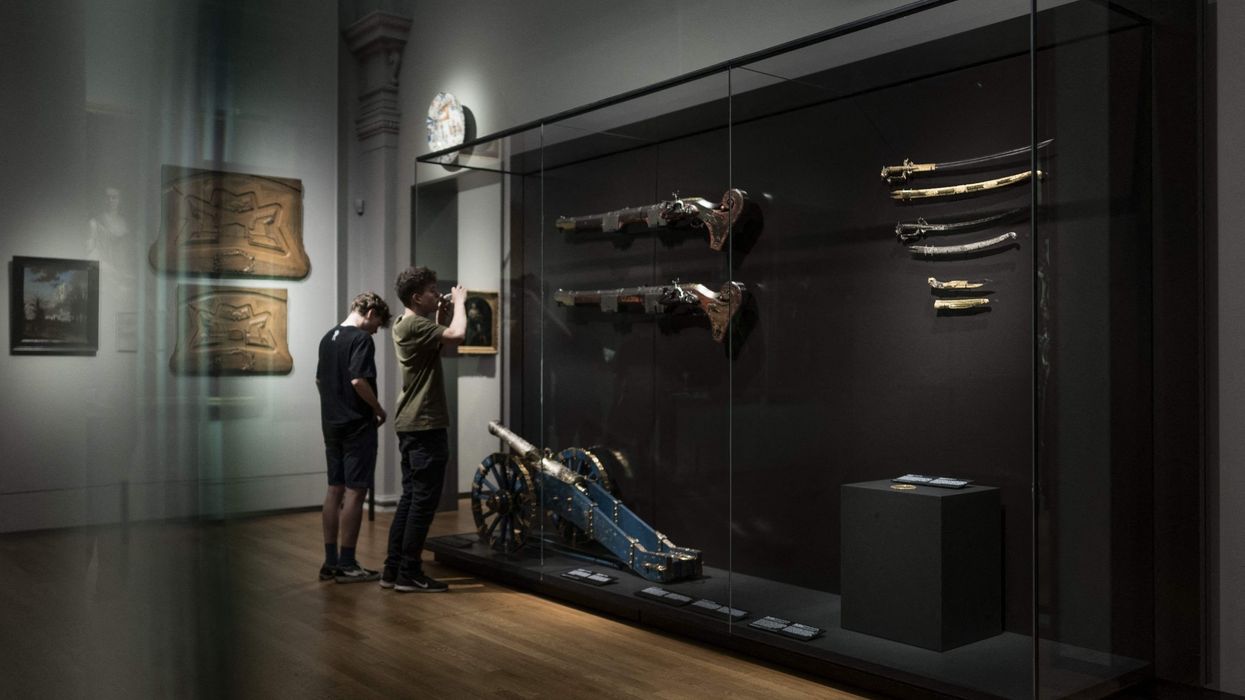Dutch museums have announced their decision to return looted treasures, including artworks, jewels, and cultural objects, to their former colonies of Sri Lanka and Indonesia.
Following demands from the former colonies and advice from a special committee established in 2019 to study objects from the colonial era, a total of 478 artworks and ceremonial weapons will be repatriated, The Times reported.
Gunay Uslu, the Dutch culture minister, described this move as "historic," highlighting that it marks the first time, objects wrongfully taken from the colonies will be returned.
Among the returned artifacts are pieces of significant importance that have been prominent exhibits in national museums.
The Rijksmuseum in Amsterdam will be relinquishing the Cannon of Kandy, a ruby-encrusted ceremonial cannon held since 1800 and considered a Dutch national treasure.
This bronze, silver, and gold cannon, adorned with symbols of the king of Kandy, had been looted by Dutch East India Company troops during the 1765 siege and plunder of Kandy. It had subsequently become part of the House of Orange's private collection.
Taco Dibbits, the director of the Rijksmuseum, expressed that the return of the cannon, along with five other ceremonial weapons, would foster cultural exchanges and cooperation with Sri Lanka.
In Leiden, the National Museum of Ethnology is preparing to hand over the Lombok treasure to Indonesia.
This treasure comprises precious stones, gold, and silver jewelry, including a 75-carat diamond stolen in 1894 during the Dutch troops' capture of a Balinese royal palace on the island of Lombok.
Most of the treasure had been returned in 1977, but the remaining jewels will now be given to the National Museum of Indonesia in Jakarta.
Regarding an Indonesian request for the return of the Dubois scientific collection, which includes the fossilised hominid skull of "Java Man," no decision has been made yet.
However, last weekend, King Willem-Alexander of the Netherlands issued an apology for the "criminal" era of colonialism and slavery, expressing his profound empathy for the experiences endured during that time.




